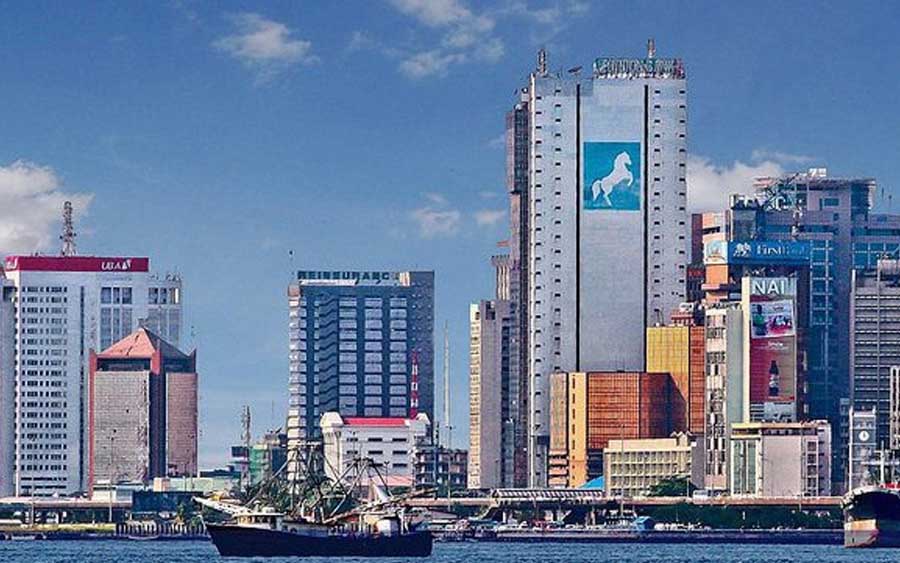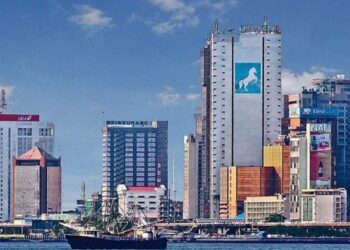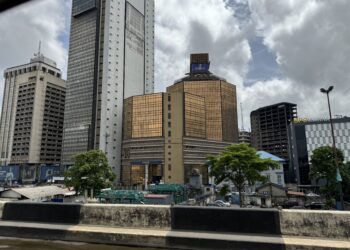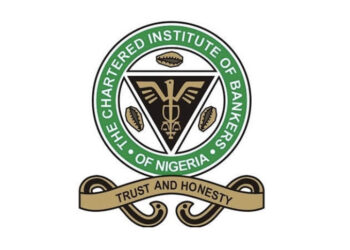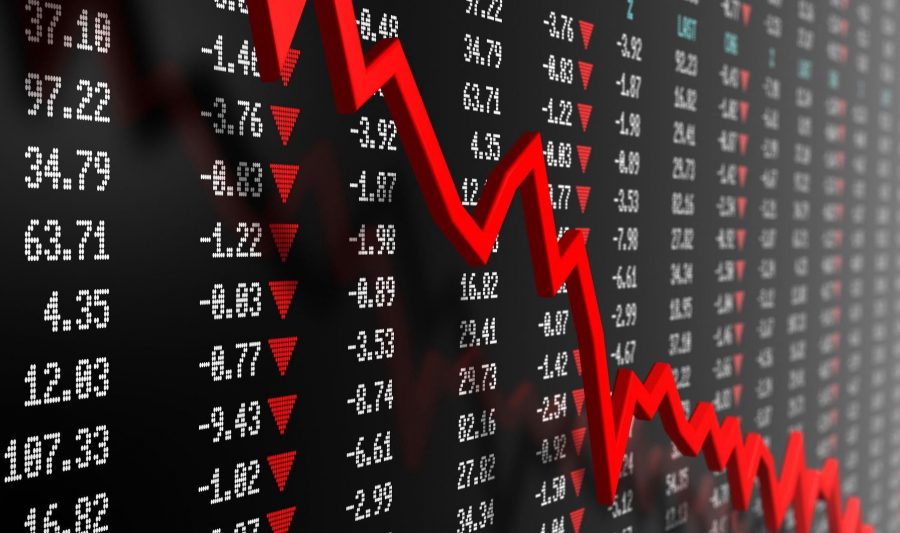The outbreak of the coronavirus disease has come with economic and health crises in most countries. The outlook for Nigeria’s hitherto fragile economy has worsened due to this pandemic.
The Nigerian banking industry has had its fair share of the macro-economic headwinds, which has resulted in declining margins and significant write-offs of impaired loans. While on the path to recovery, the banking industry is now faced with the coronavirus pandemic, which comes with greater uncertainties and unpredictability of events in the business environment.
Augusto & Co, in its report, assessed the impact of the coronavirus pandemic on the asset quality of the Nigerian banks. According to the agency, the banks are significantly exposed to several sectors which include the oil and gas sector, manufacturing, real estate, public sector, construction and general commerce. In addition, about 47% of the banking industry’s gross loans are in foreign currency.
(READ MORE:Recapitalisation: CBN extends deadline for microfinance banks)
The report suggests that the coronavirus pandemic will weaken the asset quality of the Nigerian banks in view of the impact on State Governments’ finances, purchasing power of households and the performance of businesses. Although the degree of impact will vary across different sectors, the key sectors that will bear the brunt are oil and gas (upstream), real estate, construction, transportation (aviation) and manufacturing (non-essentials).

Also, the sectorial allocation of these loan portfolios will determine the extent to which the asset quality will deteriorate.
The exposure of the banking industry to the above mentioned vulnerable sectors threatens asset quality for the following reasons:
- Firstly, the decline in global crude oil prices which was triggered by the slump in demand due to economic lockdowns in several countries will result in a sharp reduction of revenue for the oil and gas firms and government. The revenue from oil accounts for about 60% of the country’s revenue and about 90% of its export proceeds. Being the largest spender, a decline in the government’s revenue will affect key sectors such as construction, manufacturing, real estate and general commerce.
In addition, the Central Bank’s ability to defend the naira is threatened by lower foreign exchange earnings, which results in weaker macroeconomic indicators (such as high inflation and currency depreciation) and directly affects businesses and households.
(READ MORE: Possible impacts of last week’s CRR debit on banks’ balances by the CBN)
- Secondly, an anticipated further devaluation of the naira will bloat the industry’s foreign currency loan book, which is dominated by the oil and gas, manufacturing, general commerce and other import-dependent sectors. This could weaken capitalization ratios via higher risk-weighted assets and increase the level of delinquent FCY loans.
- Thirdly, the disruption in the global supply chains is expected to increase demand for domestic alternatives for inputs used in the manufacturing sector. While this is good for the domestic market, the higher cost implications will adversely impact the margins of producers, as increased costs are not easily transferable to final consumers, especially in a period of weakened consumer purchasing power.
- Fourthly, the revenues of most businesses in the ‘non-essential’ manufacturing sectors will be hit by the general lockdown in the largest commercial centres in Nigeria.
With the slower than expected progress in tests that have been carried out for the coronavirus disease, the country faces increasing uncertainties that will push it into recession with 7% contraction in 2020.
Subsequently, the report revised non-performing loan ratio expectations to 13% in the short term due to the coronavirus pandemic as against the initial 9.4%. This is based on the assumption that the average crude oil price will be $30-$35 per barrel.

